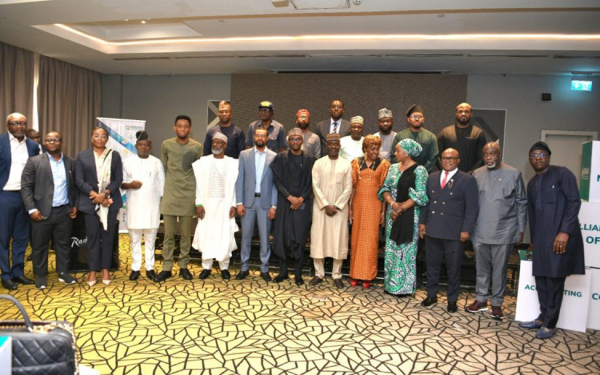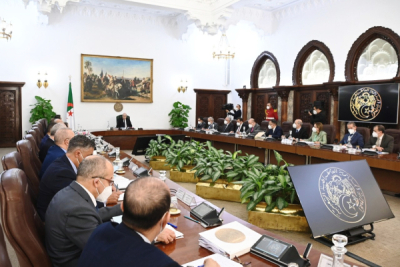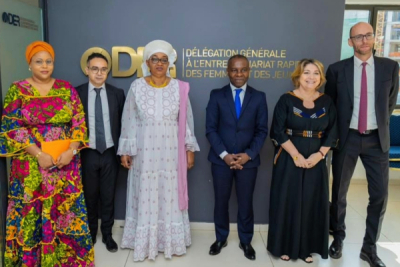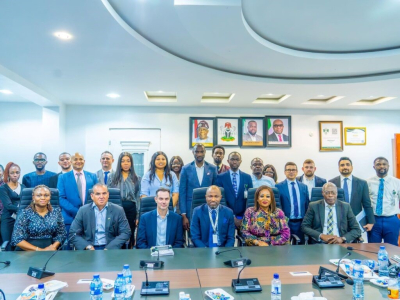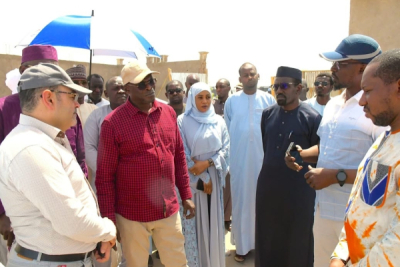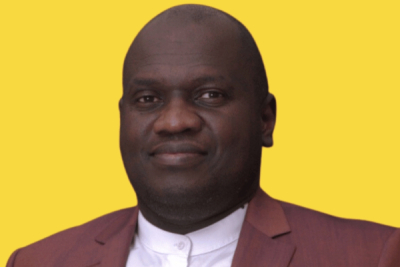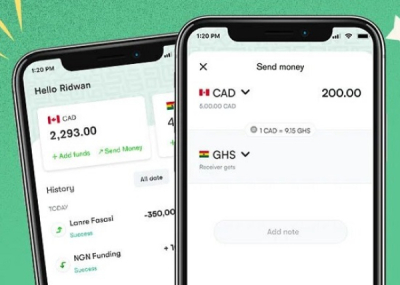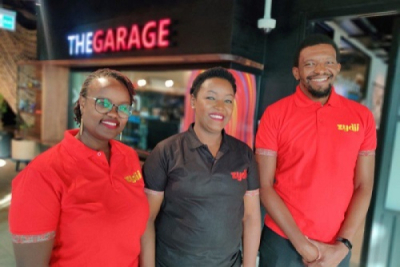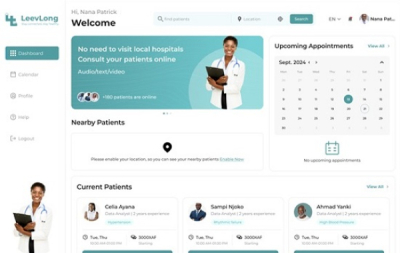While the global digital economy continues to grow, broadband connectivity remains a major challenge in Africa, despite its vast potential to drive development and economic opportunities.
The Federal Ministry of Communications, Innovation & Digital Economy has launched the National Broadband Alliance for Nigeria (NBAN) to accelerate broadband development and bridge connectivity gaps nationwide. The initiative was unveiled on Tuesday, February 4, 2025, in Lagos, bringing together key industry stakeholders to discuss expanding broadband access, strengthening multi-sector collaboration, and driving digital inclusion.
Dr. Aminu Maida, Executive Vice Chairman of the Nigerian Communications Commission (NCC) in an address on behalf of Minister ‘Bosun Tijani noted that despite efforts to achieve 70% broadband penetration by 2025, existing infrastructure remains underutilized. “Many of the networks remain underutilised. In numerous parts of the country, the capacity of existing fibre infrastructure far exceeds the demand,” he said.
The NBAN aims to address these challenges by expanding access, promoting awareness, and increasing investments in broadband infrastructure. The government has set ambitious targets in its National Broadband Plan 2020-2025, including 25 Mbps minimum data speed in urban areas and 10 Mbps in rural areas, 80% population coverage by 2027, and 300–500% increase in broadband investments by 2027.
The initiative is expected to unlock economic opportunities, drive innovation, and enhance Nigeria’s digital economy, ensuring broader access to high-speed internet for millions. According to the World Bank Digital Progress and Trends Report 2023, access to high-speed internet can increase an individual's likelihood of employment by up to 13.2% and boost total employment per firm by up to 22%.
Hikmatu Bilali


